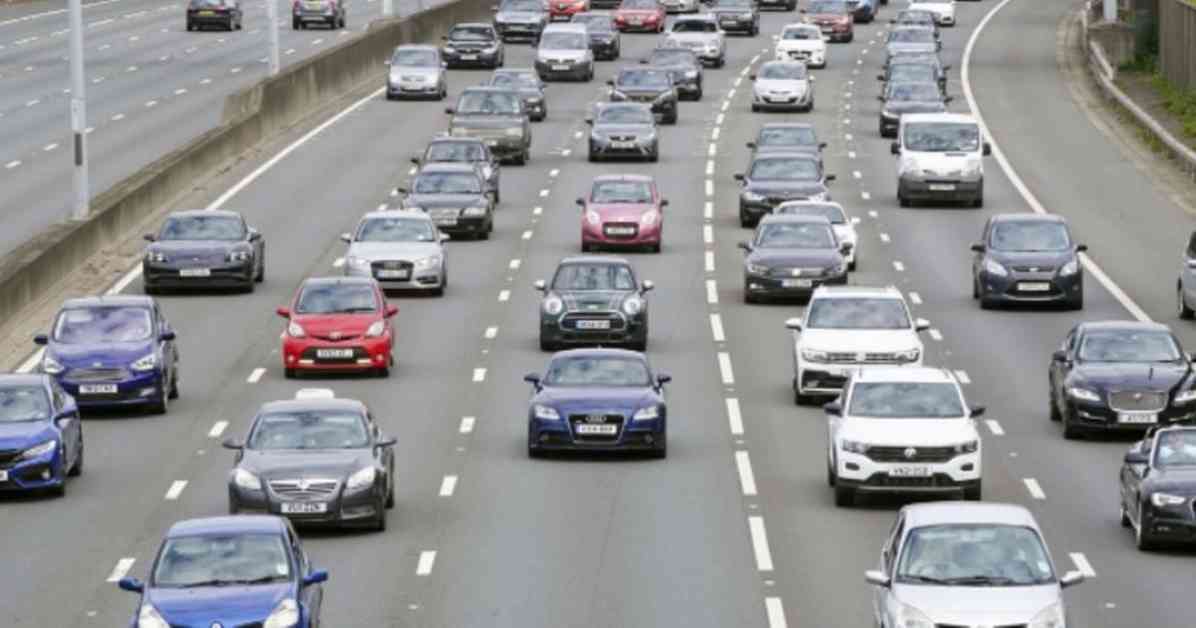Diesel drivers in the UK may soon be facing a significant increase in their car tax payments if the government implements a pay-per-mile tax system. This new system, which could potentially replace the current Vehicle Excise Duty (VED) or road tax, aims to create a fairer tax system for all drivers. However, the potential impact on diesel car owners has raised concerns among experts and motorists alike.
Concerns for Diesel Drivers
The proposed pay-per-mile tax system could have a substantial financial impact on diesel car owners, as they are typically charged more under the current road tax system due to their larger engines and higher levels of pollution. If a pay-per-mile system is introduced, diesel car owners may face even higher taxes, potentially discouraging long-distance travel and increasing the overall cost of vehicle ownership.
Majid Ismailzada, from the rent-to-own vehicle company G&M Direct Hire, expressed concerns about the potential burden of the new tax on families. Rising fuel costs and other expenses already strain many households, and the additional cost of a pay-per-mile tax could make holiday travel less feasible for some.
Potential Financial Impact
Under the current road tax system, diesel car owners pay a flat rate of £190 per year from the second year onwards, the same rate as petrol car owners. However, if a pay-per-mile tax system is introduced, this cost could rise significantly. While the exact fees have not been confirmed by the government, some experts predict a charge of 15p per mile driven.
Considering that diesel car owners in the UK travel an average of 9,400 miles per year, this could result in an additional cost of £1,410 for the average diesel car driver. The potential financial burden of this new tax system has sparked debates among motorists about its impact on their wallets and travel habits.
Potential Benefits and Drawbacks
While some motorists are concerned about the financial implications of a pay-per-mile tax system, others argue that it could lead to a reduction in fuel costs. By replacing the current fuel duty tax with a pay-per-mile road tax, the overall cost of petrol and diesel could decrease, potentially falling below £1 per litre.
However, the implementation of a pay-per-mile tax system could have broader implications for the automotive industry and consumer behavior. It may influence how people choose to travel, impact the demand for diesel vehicles, and shift the tax burden among different types of drivers.
In conclusion, the potential introduction of a pay-per-mile tax system in the UK could have significant implications for diesel car owners. While the exact fees and implementation details have yet to be confirmed, the prospect of higher taxes for long-distance travel raises concerns about affordability and fairness in the current tax system. As the government considers this new approach to road taxation, motorists and experts alike will be closely monitoring its impact on the automotive industry and consumer behavior.



























